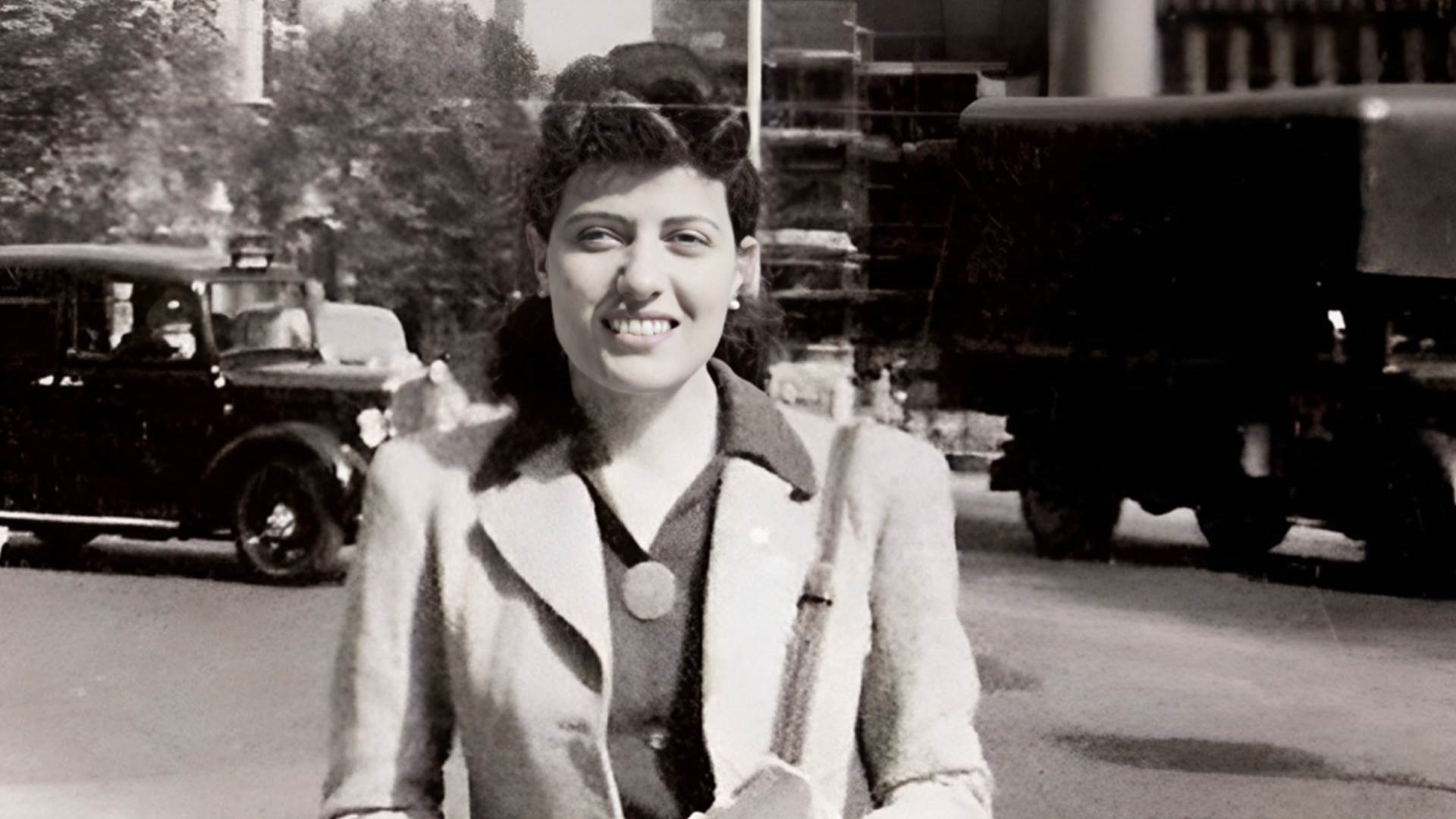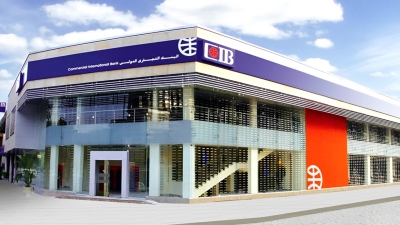Remembering Samira Musa: Pioneering Scientist and Champion of Women's Rights
Wegdan Mohamed

Samira Musa was born in the village of Sanbo Al-Kubra, affiliated with Zafteh Center in Gharbia Governorate, on March 3, 1917. Her brilliance became evident at a young age. She moved with her family to Cairo to join Qasr Al-Shawq School in Hussein neighborhood, and then Girls' Al-Ashraf Secondary School, founded by Nabawiya Musa, a women's rights activist. She later enrolled in the Faculty of Science at Cairo University.
Samira Musa was the first girl to achieve the highest score in Thanaweya Amma (Secondary School Certificate) in 1935. She also became the first teaching assistant at the Faculty of Science at Fuad I University (currently Cairo University), with the support of her professor and the dean of the faculty, Mustafa Mashhour. He defended her right to appointment despite objections from some professors. She then obtained a master's degree in the field of thermal communication of gases.
Musa began her scientific career outside of Egypt by obtaining a Ph.D. in X-rays and their effects on different materials in Britain. During her studies, she derived an equation that could be used to manufacture a nuclear bomb by disintegrating cheap metals.
She founded the Atomic Energy Authority 3 months after the establishment of Israel in 1948. She dreamed of Egypt possessing an atomic bomb.
She also participated in the establishment of the Student Association for General Culture, which aimed to eradicate illiteracy in Egyptian villages. She traveled to the United States to study at the University of Oxford in Tennessee, and conducted research at the laboratories of the University of St. Louis in Missouri. She declined an American offer to stay in the United States.
Musa passed away on August 15, 1952. She had received an invitation to visit nuclear laboratories in California. On her way, a transport truck collided with her car and pushed it into a deep valley, leaving behind a remarkable legacy.
Egypt did not forget its accomplished daughter, Samira Musa, and honored her in 1953. The late President Mohamed Anwar El-Sadat bestowed upon her the Order of Sciences and Arts, First Class, in 1981. One of the schools of the Ministry of Education carries her name, and one of the laboratories of the Faculty of Science bears her name. Additionally, a cultural palace named after her was established in her hometown of Sanbo Al-Kubra in 1998.
The state also decided to name one of the major highways in the national road project after her story was recorded in an autobiography titled "The Assassination of Arab Intellect: A Biography of the First Martyr of Science, Dr. Samira Musa."











